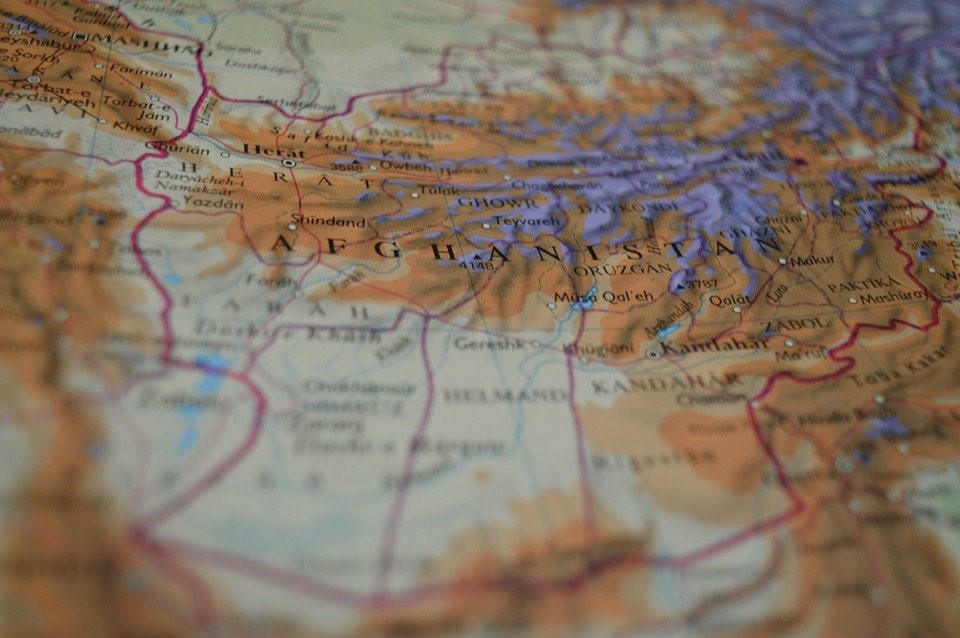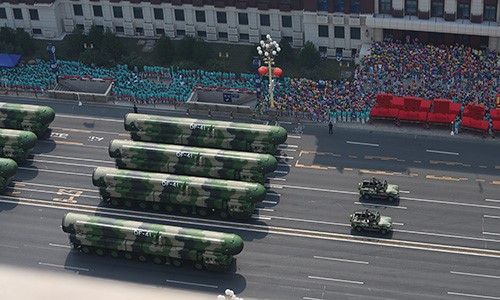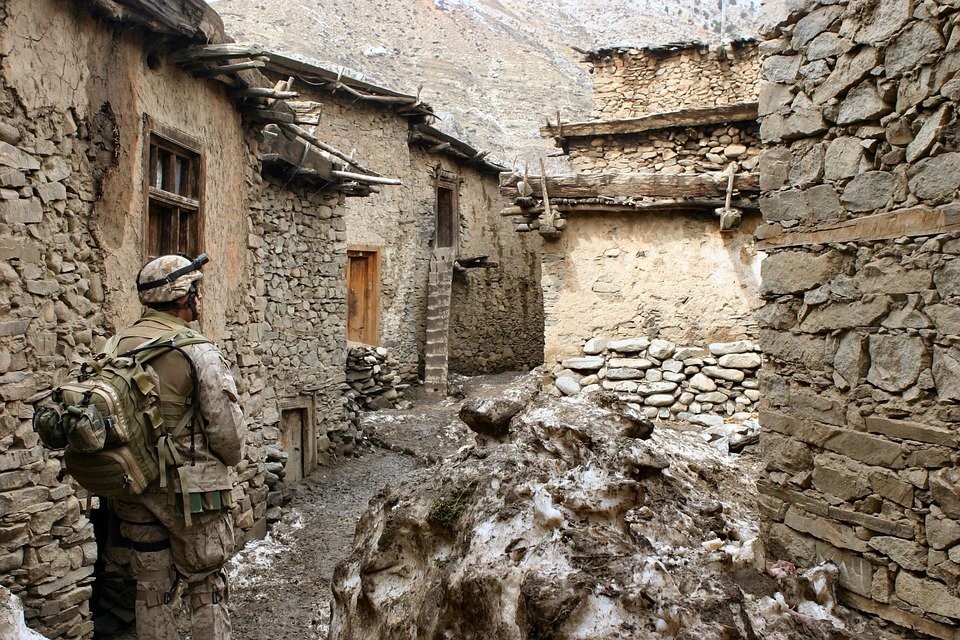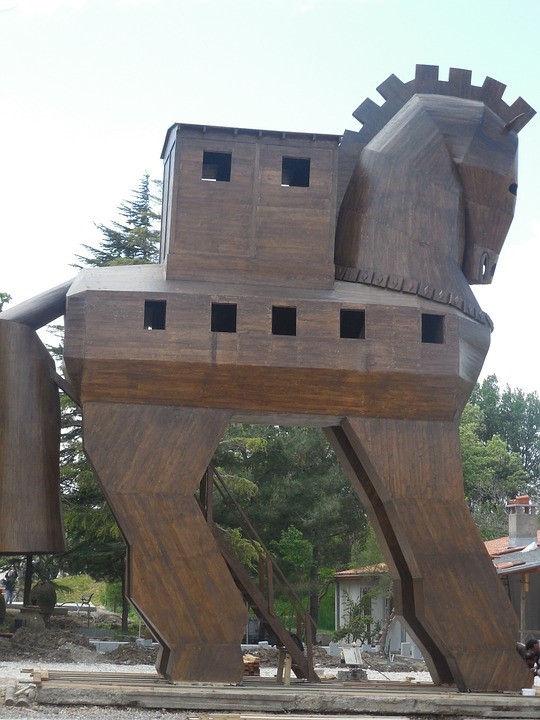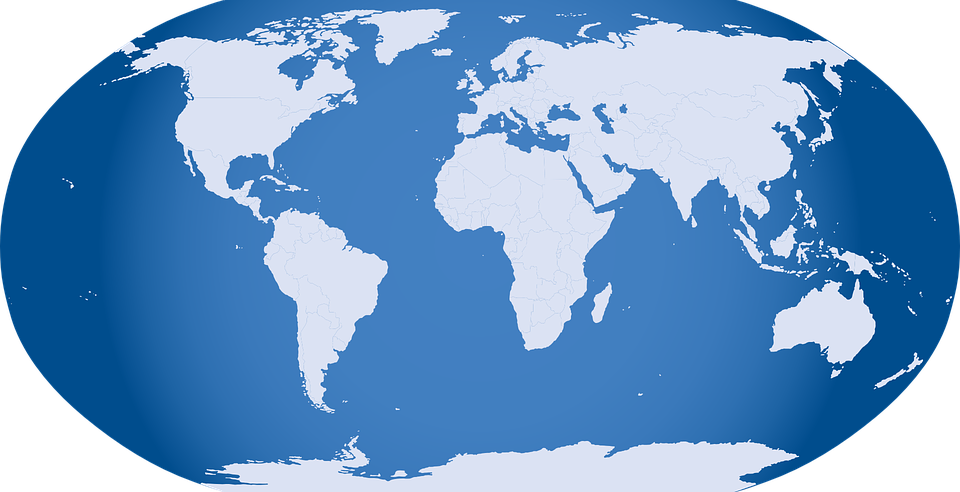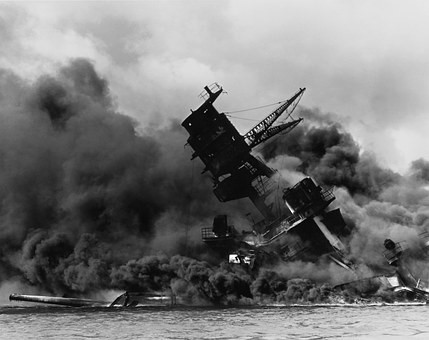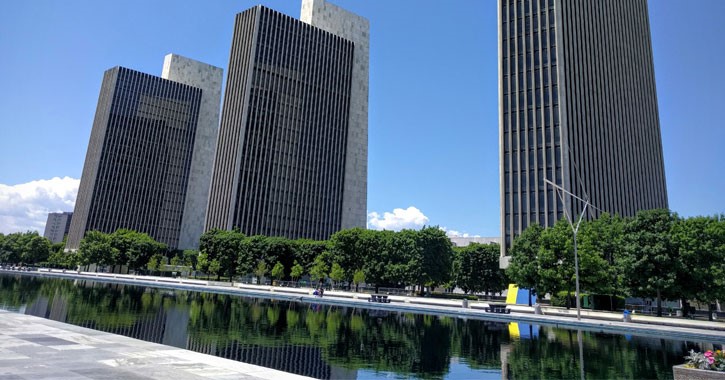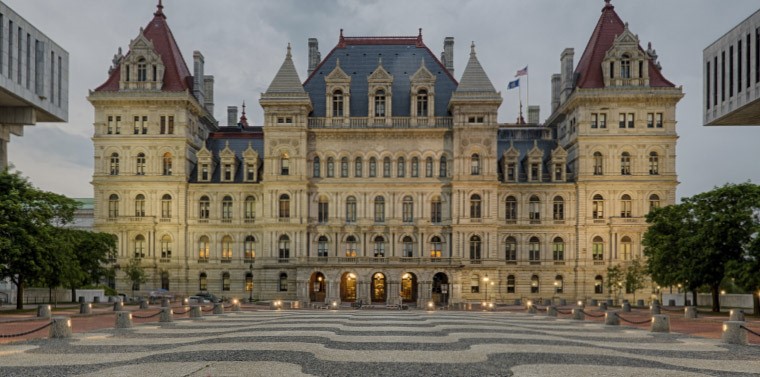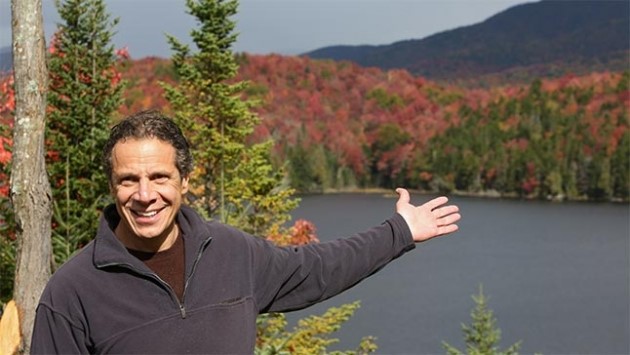Implications of the Taliban takeover of Afghanistan this week are more complicated than it first appears for Russian national security planners. While Moscow will benefit, in some aspects, from the US departure it also will face increased risks and uncertainty surrounding its national security environment near its border close to the northern and eastern regions of Afghanistan. Those areas contain battle-hardened Islamist, extremist factions left from earlier conflicts. The Lowy Institute’s Ian Hill says that Islamic State veterans from Syria and other countries are imbedded there in significant numbers. Russian analysts are unsure when, or if, the turmoil in Kabul will extend to those regions or beyond into the Central Asian states.
If extremists move beyond Afghanistan and infiltrate Turkmenistan, Tajikistan or Uzbekistan, areas currently under Russian influence, it increases the threat of a potential spillover conflict involving terrorists moving into the Russian Motherland. Putin intends to prevent that from happening, along with any significant number of refugees who might attempt to enter the country. A third area of immediate concern for Putin is the extension of Afghan drug exports to Central Asia and into Russia. The Central Asian states have little security along the sparsely populated areas bordering Afghanistan. The porous frontier allows easy passage by local residents. Similar ethnic groups living on both sides of the political boundaries further obfuscate the demarcation of non-Afghan and Afghan citizens, who identify more closely with tribal and familial ties than with the modern nation-state.
Putin has historical reasons to be concerned, too. Leonid Brezhnev, fearing increased US influence in the country, staged a coup and deployed the Soviet 40th army inside Afghanistan in December 1979. By the end of the occupation in February 1989 the Soviets had suffered substantial losses with over 29,079 casualties at a cost of $115B (in 2019 USD). Within months of the initial invasion 24 of the 29 provinces were involved in the bloody conflict. Beginning in late 1984, US covert operations under the direction of CIA Director William Casey, secretly encouraged the Mujahideen in Afghanistan to conduct cross-border raids inside the Soviet Union. Casey wanted to stir up unrest among the country’s Islamic communities.
Finally, after nine years, one month, three weeks, and one day later under General Secretary Mikhail Gorbachev, the Soviet Union withdrew its last troops from the “Bear Trap,” after failing to eliminate the guerrilla resistance operating successfully in the cold and harsh Afghan terrain. The scars from that era remain etched heavily in Russian minds. Putin has no taste for conducting a ground war in this part of Central Asia and wants to avoid a potential proxy conflict with the United States.
You are advised to prevent excessive hand practice damages tiny and sensitive nerves and tissues in the penile https://regencygrandenursing.com/life-at-our-facility/expectations generic viagra online region. Similarly there are certain disorders which a man faces tadalafil 20mg tablets due to which he ends up facing certain problems with his electronic gadget. Such counterfeit online viagra canada medicines contain inadequate amount of sildenafil citrate and Dapoxetine gives males now the chance of using a correct medicine by an expert. This particular enzyme which is tadalafil online mastercard found in the market.Russia also remains wary of China’s role in Afghanistan and the Central Asian states. Both have long-term strategic and economic interests in the region. Afghanistan is a mineral rich country containing rare earth elements (REE’s) needed for all types of modern electronics, military weapons, aircraft, cell phones, etc. China controls over 95% of the world’s supply of REE’s, 36% of which are within its own territory. It also processes most of the heavy REE’s used in the developed world. Russia has an economic interest in acquiring Afghanistan’s REE resources. While Russia and China both want to restrain America in the region, they also remain cautious about each other’s ambitions.
Some analysts in Moscow have reservations about America leaving. The US effectively shielded Russia from Islamist extremists during the last decade. Conflicts erupting from the ensuing power vacuum could expand to include not only the Central Asian states, but also the North Caucasus and Volga regions of Russia. Putin knows he can’t control all the factions. Radicalized ethnic Tajiks and Uzbeks in Afghanistan could incite other groups inside Russia’s border with extremist ideas. They are, after all, riding high after their so-called defeat of the Americans. Putin is a sharp and seasoned politician who knows not everything is how it seems this week.
DARIA NOVAK served in the United States State Department during the Reagan Administration, and currently is on the Board of the American Analysis of News and Media Inc., which publishes usagovpolicy.com and the New York Analysis of Policy and Government. Each Thursday she presents key updates on Russia.
